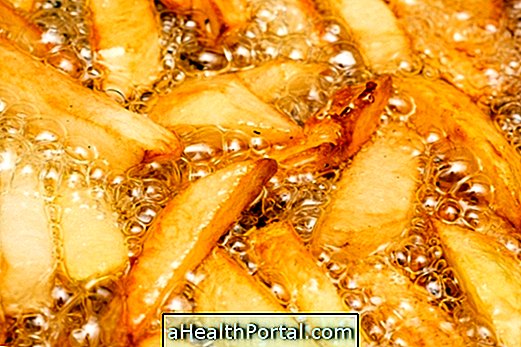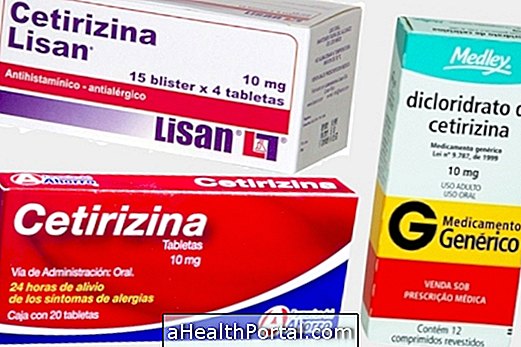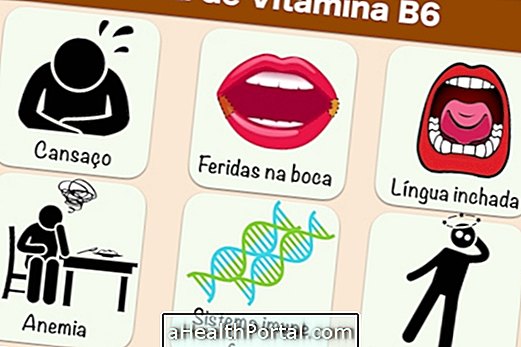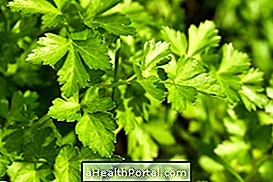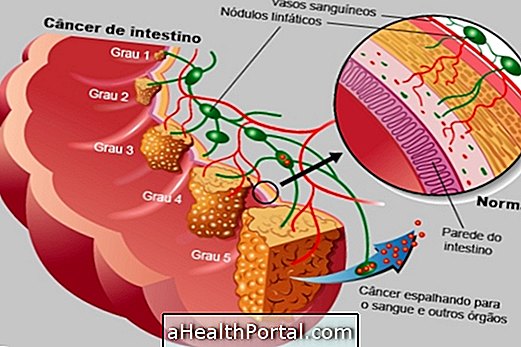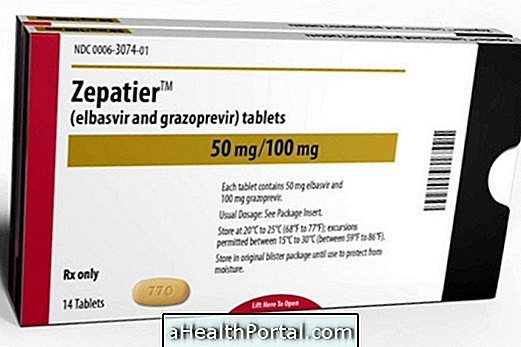Symptoms of worms arise from the ingestion of eggs of these microorganisms, which are present in the soil, raw meats or dirty surfaces, and that develop in the intestine, causing symptoms such as swollen belly, abdominal pain or itching in the anus, for example.
The presence of worms is more common in children because they generally have more contact with the floor and dirt and often carry their hands to their mouths.
Test for worms
To know if you may be with worms in the gut, select your symptoms:
- 1. Constant abdominal pain Yes No
- 2. Swollen belly or excess gas Yes No
- 3. Frequent tiredness for no apparent reason Yes No
- 4. Itchy anus Yes No
- 5. Periods of diarrhea, intercut with constipation Yes No
- 6. Presence of small white dots in stool Yes No
- 7. Weight loss for no apparent reason Yes No
- 8. Changes in appetite, high or low hunger Yes No
- 9. Very dark stools Yes No

However, in some cases, worm eggs may also develop before they reach the intestine, causing symptoms of stomach worms that include nausea, vomiting, heartburn, or a feeling of movement in the stomach.
There are still cases where the presence and worms in the intestine cause swelling of the belly, which can cause a slight discomfort in the region around the navel.
Learn how to confirm that you have worms, home remedies and remedies for worms in this video:

Symptoms of baby worms
The symptoms of worms in the baby and in children can be:
- Vomiting, diarrhea or cramping;
- Lack of will to play;
- Swollen belly, which does not go away after abdominal massage;
- Itchy anus, especially at night, making sleep difficult;
- Presence of worms in the baby's diaper, anus or feces;
- Yellowish skin;
- Delayed growth.
The symptoms of worms in infancy appear mainly in infants over 6 months of age, as they have greater contact with the soil and dirt. In these cases it is important to consult the pediatrician to start the appropriate treatment.
To observe the presence of worms in the baby's anus, parents can use a piece of colored crepe tape or durex, especially at night. See also the symptoms of Giardiasis.
Treatment for worms
The best treatment for worms is done with medicines, but it is also important during and after treatment to wash hands well to prevent the transmission of eggs from worms to other individuals, especially after defecating or before cooking, for example.
To prevent infestation with worms, care should be taken to wash hands frequently, keep nails trimmed, cook meat well and wash vegetables before using. Learn more about treatment in: Treatment for worms.
What are the most commonly used drugs
The most commonly used medicines are Albendazole and Mebendazole, but the general practitioner should be consulted before taking any of the two medicines, since there are several types of worms, such as solitary, giardia or oxyurea, which must be treated with different medicines at least once a year.
Both albendazole and mebendazole eliminate only adult worms, they do not kill eggs, so hygiene measures are so important in these cases. These remedies can be purchased at the pharmacy in the form of a single-dose tablet or syrup for adults and children over 2 years, however their use varies according to the type of worm and a doctor's appointment is necessary before taking it.








